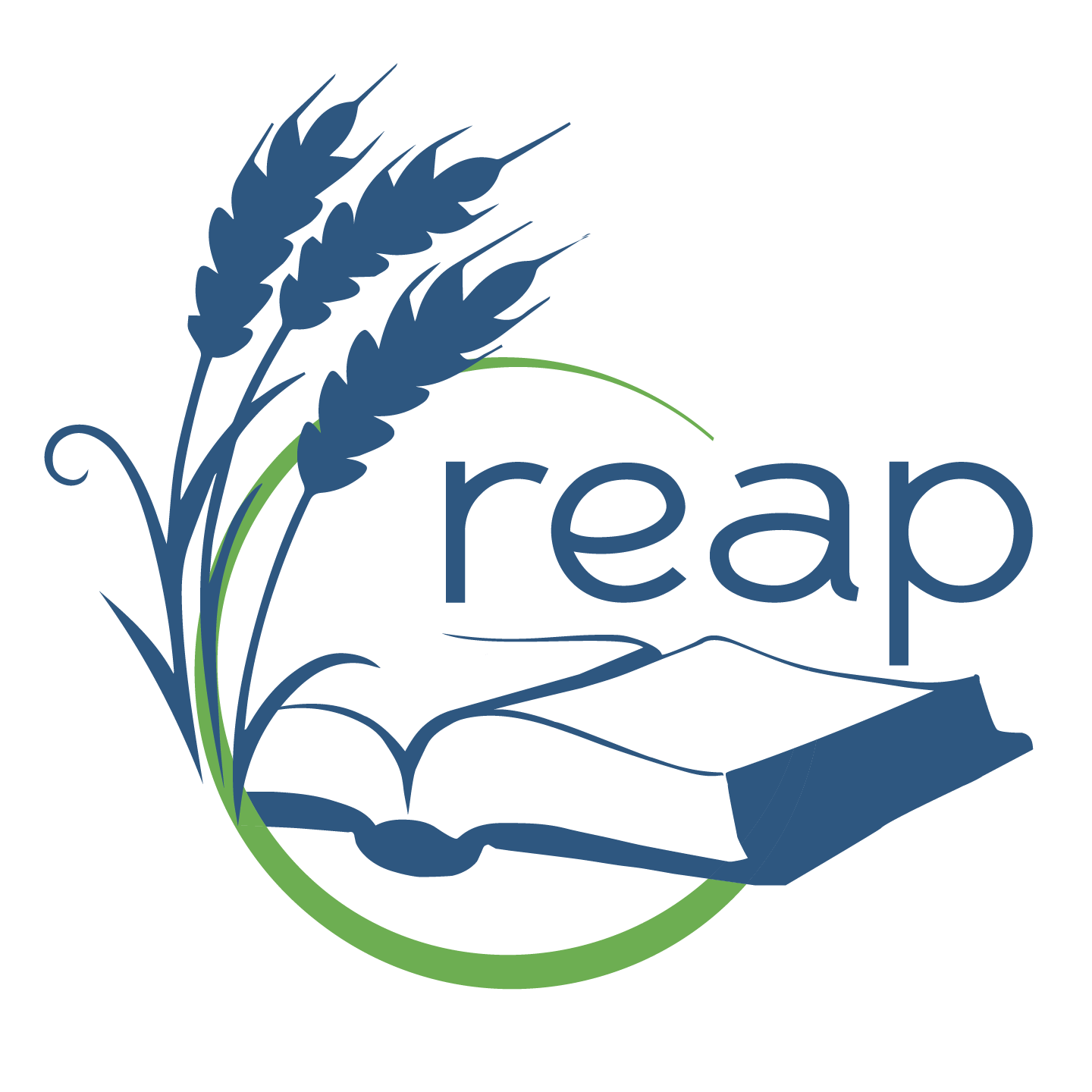 I am strongly opposed to any child being given a secular education. This is because there is an obvious danger to this type of education. However, I am more concerned with an insidious danger that comes with all secular education. In order to understand my concern and opposition to secular education, it is important to define terms accurately.
I am strongly opposed to any child being given a secular education. This is because there is an obvious danger to this type of education. However, I am more concerned with an insidious danger that comes with all secular education. In order to understand my concern and opposition to secular education, it is important to define terms accurately.
The term secular is often thought of as simply being neutral when it comes to spiritual matters. When looking up the definition of secular in a dictionary, one will find definitions such as these:
denoting attitudes, activities or other things that have no religious or spiritual basis
not subject to or bound by religious rule
Thinking that secular education can be spiritually neutral has led many Christians to believe that this type of education is not dangerous. After all, it is not “anti-Christian” or “anti-God”. It simply focuses on facts and knowledge without trying to attach some religious meaning to everything. Thus, the majority of Christian parents naively send their children to secular schools for their education.
It is because of this very fact that I believe secular education is insidiously dangerous. Again, defining terms in today’s culture is extremely important. The term “insidious” comes from the Latin words “insidiea” and “insidere”. These words mean to ambush, trick, or lie in wait for.
A dictionary definition of insidious is:
something that proceeds in a gradual, subtle way with harmful effects; treacherous; crafty
So, what is the insidious danger of any and all secular education? It is not what is explicitly taught to students. There is no doubt that there is a lot of false teachings that takes place in secular institutions. One will find these falsehoods in what teachers present in their classrooms and what authors write in secular textbooks and other instructional resources.
However, the real danger is in what is omitted in secular education. It is what teachers and textbooks in secular education don’t say that makes this danger so insidious. Dr. Paul Vitz’ book, Censorship: Evidence of Bias in Our Children’s Textbooks, was published in 1986. In this book, Vitz reported the results of a government-funded survey on the way religion and traditional values were represented in 90 widely used reading and social studies textbooks in United States schools.
Dr. Vitz summarized his findings with these chilling words.
Religion, traditional family values, and conservative political and economic positions have been reliably excluded from children’s textbooks.
As I have already noted, the real danger of secular education is not necessarily what it teaches but what it doesn’t teach. In the elementary textbooks that Vitz reviewed, he found some startling realities when it came to how religion and religious values were covered.
0 out of 60 textbooks (approximately 15,000 pages) have even 1 word referring to any religious activity in contemporary American life. None of these texts have even 1 mention of people who go to church or synagogue, who worship or pray or have any religious influence on their lives or on society.
It must be noted that Vitz did not report that these social studies textbooks were anti-Christian in how they presented our country’s history. However, they were all insidiously anti-Christian by leaving out all references to Christianity when presenting the foundational beliefs that were integral to the founding of our country.
By simply omitting this information (and not making nasty, caustic statements about Christianity), teachers and students may not notice this anti-Christian bias. When something is left out, it implies that it is not important. The result is that several generations of young people have completed their education without learning how God has worked and continues to work throughout human history.
I have been careful in my selection of words throughout this blog. When referring to secular education, I have avoided the use of the words public or school as much as possible. This is because secular education can take place anywhere — in the home, church or school.
Now, there is no question that public school education has become completely secularized since its inception in the 1800s. However, private, charter, Christian, and, even, home schools can also provide children with a secular education.
In fact, the home, church and Christian school can and, in many cases, have embraced a secular philosophy of education. When this takes place in an institution that claims to be Christian, the same insidious danger will be present.As a new school year is ready to begin, it is important that parents, church leaders and Christian educators make sure that they are providing their children and youth with a thoroughly biblical education. This must begin in the home and carry over into to the church and school that children will attend.
Christians must be more vigilant and make sure that they avoid the insidious danger that always comes with any form of secular teaching. We must remember that the danger of secular education proceeds gradually and subtly. But, it is always treacherous, crafty and harmful.
Christian school educators must be more discerning when it comes to textbook selection, programs conducted, and the worldviews of the board, administration, faculty, coaches and staff that are given positions of influence in the lives of students. There needs to be intentional and ongoing training to help these individuals know, understand and embrace a biblical worldview and a biblical philosophy of education.
We must always remember that it is not just the obvious anti-Christian philosophies and ideas that are taught that are so dangerous. It is also about what is omitted and ignored about God and truth that is the INSIDIOUS DANGER of secular education.

This article hits the nail on the head. It contains such an important point that many don’t think about. Silence often speaks louder than words, and this is particularly true in education. I have been impressed recently with the words of Jesus when He said, “He who is not with me [or for me] is AGAINST Me.” Any form of education that leaves Christ out is…hang on to your seat…AGAINST Him. These are strong words. Church leaders need to think about this.
I know this and have taught it but most Christians do not believe it. Any suggestions how we can promote a kingdom education approach among Christian parents and educators? “Christian” schools, churches, and parents have adopted secular philosophies, social agendas, and educational psychology methods. We need to reclaim education for the Kingdom. I am praying for revival and that God raises up parents, teachers, and pastors to stand firm for God’s ways rather than compromising and joining the world’s ways. As Christian Overman said – “He who is not for me is against me.” Relying on the philosophies and the psychology of those who do not believe there is Truth and who do not believe we are created by God in His image is against every word that Jesus spoke in both the Old and the New Testament. May God remove their blinders! and raise up strong, bold leaders.